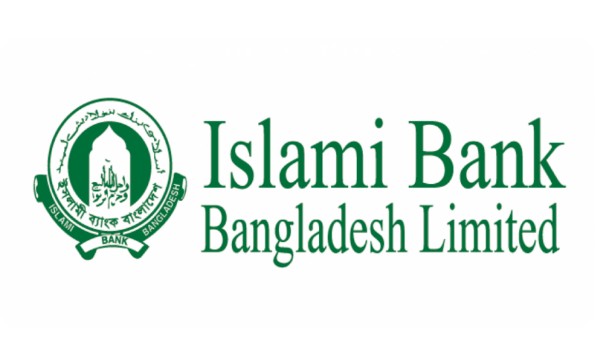Bangladeshi living in abroad was estimated highest sending remittance though Islami Bank. But in recent reports of BB published yesterday, shows Islami Bank fell behind the remittance inflow race due to amount reduced in last few moths.
Many chose to avoid Shariah-based banks—once key players in channelling these funds—due to the institutions’ fragile financial health, a severe liquidity crisis, and media reports of massive lending irregularities and mismanagement.
As a result, conventional banks, which had a greater need for US dollars and consequently offered more competitive remittance deals to expatriates, saw a steady inflow of funds, according to senior bankers.
According to Bangladesh Bank’s Islamic Banking and Finance Statistics published last week, Shariah-compliant lenders handled just 22 percent of total remittances in March 2025, down from 38 percent in early 2024.
In absolute terms, remittances received through Islamic banks fell from $758 million in March 2024 to $724 million in March 2025. By contrast, conventional banks more than doubled their receipts from $1.24 billion to $2.57 billion, cementing their dominance.
In the report, the central bank noted that despite occasional upticks, remittance flows through Islamic banks remained mostly stagnant or declined.

